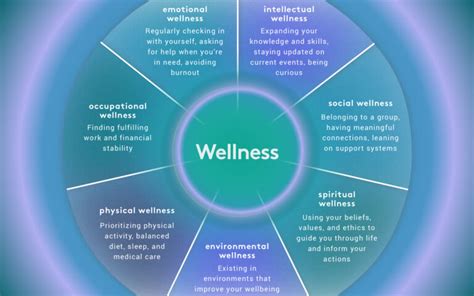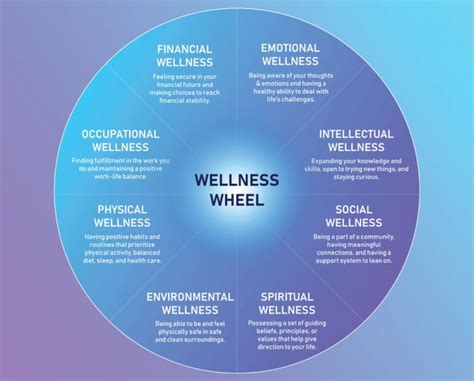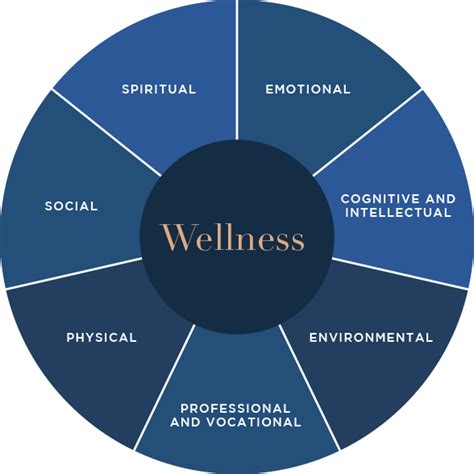Parenting is a rewarding yet demanding journey that requires immense time, energy, and emotional commitment. In the midst of caring for their children, parents often overlook their own needs, leading to burnout and stress. However, self-care is not a luxury—it’s a necessity for maintaining a healthy, balanced life. Striking the right balance between self-care and parenting allows parents to recharge, stay mentally and physically healthy, and ultimately be more present and patient with their children. This article explores the importance of self-care in parenting, the challenges parents face in achieving balance, and practical strategies for integrating self-care into daily life without compromising the responsibilities of parenthood.
Explore this topic with domgiz.com in great detail.
1. Introduction
Parenting is a rewarding experience, but it’s also one of the most demanding roles a person can undertake. Juggling the constant needs of children, household tasks, and potentially a career often leaves parents feeling overwhelmed and drained. In such a hectic lifestyle, it’s easy for parents to prioritize their children’s needs over their own well-being, believing that self-care is a luxury they can’t afford. However, self-care isn’t selfish; it’s essential for maintaining a healthy and balanced life. When parents prioritize their mental, emotional, and physical well-being, they are better prepared to face parenting challenges with patience and resilience. This article explores the importance of self-care for parents, the difficulties they often face in balancing their own needs with their children’s, and practical strategies to integrate self-care into their daily routines. By finding this balance, parents can create a harmonious environment that benefits both themselves and their families.

2. Importance of self-care in parenting
Effective parenting hinges on self-care, a crucial element often neglected amidst the daily chaos. Prioritizing their own well-being empowers parents with greater physical and emotional resilience, directly benefiting their children. Taking time to recharge allows parents to manage stress, remain patient, and make thoughtful decisions instead of reacting out of exhaustion or frustration. By nurturing their own needs, parents set a positive example for their children, teaching them the value of maintaining balance and attending to their own well-being.
Furthermore, self-care acts as a buffer against burnout, which can hinder a parent’s ability to be fully present and engaged with their children. By creating opportunities for reflection, personal growth, and emotional regulation, self-care fosters healthier family dynamics. Whether it’s through simple daily rituals like exercise, pursuing hobbies, or taking quiet moments of rest, carving out time for self-care ultimately contributes to a more harmonious household. Parents who prioritize their own well-being are better equipped to provide their children with the nurturing, attention, and love they deserve.

3. Challenges of balancing self-care and parenting
Striking a balance between self-care and parenting is a formidable task for many parents. The relentless demands of childrearing, household management, and potentially a career make it a struggle to carve out time for personal well-being. Parents frequently grapple with guilt when prioritizing their own needs, feeling that every moment away from their children is a lost chance for connection or nurturing. This guilt can result in neglecting self-care as parents prioritize their children’s needs above their own.
The unpredictable nature of parenting can make carving out time for self-care feel impossible. Children’s needs often arise suddenly and demand immediate attention, limiting parents’ ability to stick to their routines. Furthermore, societal pressure to be the “ideal” caregiver can push parents to prioritize their children’s needs above their own well-being, leading them to strive for unrealistic expectations at the expense of their own health and happiness.
Another challenge is the limited support available to some parents. They may lack a strong network of family or friends to assist with parenting responsibilities. Without this support, prioritizing self-care becomes even more difficult, leading to feelings of overwhelm and exhaustion.

4. Tips for finding the right balance
Balancing self-care and parenting can feel overwhelming, but with deliberate planning and a change in perspective, it’s achievable. A crucial first step is to release the guilt associated with prioritizing time for yourself. Self-care isn’t indulgence; it’s essential. A well-rested, emotionally balanced parent is better equipped to meet the challenges of parenthood.
Beginning with small steps is beneficial. Integrating short periods of self-care into daily routines, like a morning walk, a peaceful cup of coffee, or a few minutes of meditation, can have a noticeable impact. Gradually, these small actions can evolve into consistent habits that contribute to overall well-being.
Parents should build a support system by communicating their needs with their partner, family, or friends. Sharing parenting responsibilities allows for time for personal care. For single parents, connecting with a trusted community for support and scheduling breaks whenever feasible is crucial.
Finally, scheduling self-care, just like any other crucial task, guarantees it doesn’t get neglected. Prioritizing these moments will foster a lasting equilibrium that benefits both parents and their children.
5. Real-life examples of successful self-care and parenting balance
Balancing self-care with parenting is achievable, as demonstrated by many parents who have found successful strategies. One mother of two, for instance, prioritizes waking up 30 minutes before her children each morning to savor a quiet cup of tea and engage in journaling. This simple routine allows her to begin the day with a peaceful state of mind, fostering greater patience throughout the day.
A working father demonstrates this by scheduling dedicated time for exercise in his weekly routine. He prioritizes these workouts as unbreakable appointments, ensuring he maintains his physical fitness. This, in turn, enhances his energy levels and mood, making him a more engaged and positive parent.
A single parent, by participating in a parenting co-op, was able to exchange childcare responsibilities with other parents. This arrangement provided her with regular opportunities to engage in personal hobbies and self-care, ensuring her children continued to receive high-quality care. These instances underscore the ingenuity and dedication necessary for maintaining equilibrium, demonstrating that it is attainable with careful preparation.
6. Conclusion
Striking a harmonious balance between self-care and parenting is paramount for nurturing both personal well-being and a healthy family dynamic. The demands of parenting can often overshadow personal needs, but neglecting self-care can lead to stress, burnout, and diminished patience, ultimately harming both the parent and child. Embracing self-care as an integral part of parenting, rather than a selfish indulgence, allows parents to recharge physically and emotionally, becoming more present, engaged, and effective caregivers.
This article has highlighted the significance of self-care, the difficulties parents encounter in prioritizing their own well-being, and practical methods for achieving balance. Real-world examples underscore that even amid the most demanding schedules, modest adjustments and a dedication to self-care can bring about substantial improvements in overall health and happiness. Whether it involves carving out a few peaceful moments daily, leaning on a support network, or making time for physical and mental revitalization, these steps hold the power to create enduring positive outcomes.
In essence, parents who prioritize their own well-being model healthy habits for their children, emphasizing the significance of balance and self-worth. A parent who takes good care of themselves is better positioned to provide nurturing and support to their child, fostering a more wholesome and joyful family dynamic for all.
domgiz.com

